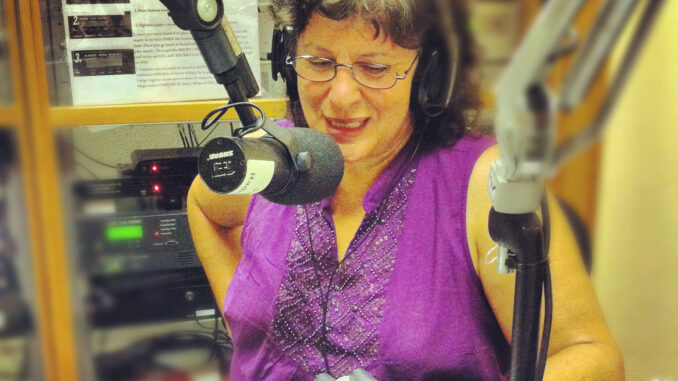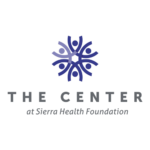
BY ALLEN PIERLEONI
Radio Bilingüe found the ideal combination of broadcasting magic
Traditionally, immigrant farmworkers in California are among the most undercounted or forgotten groups in the U.S. Census. But Fresno-based Radio Bilingüe is working to change that by spreading the Census message – “Be counted!” – throughout the San Joaquin Valley in rhythmically creative ways.
Though the radio station was already broadcasting public service announcements, interviews and talk shows urging participation in the 2020 Census, two new formats added pizazz to its outreach.
“We came up with the idea of songs in different musical formats, and radio novellas (dramatic skits) using community volunteers,” says broadcasting director Maria Eraña. “Listeners like it when messages come from real people who sound like them.”
Radio Bilingüe is the leading Latino public radio network in the nation’s public broadcasting system. Content is broadcast in Spanish, English “and two indigenous languages spoken by large farmworker populations in California — Mixteco and Triqui,” Eraña says.
To source original Census-participation songs, Eraña and her team collaborated with a variety of regional artists. “The songs are made in colloquial, relatable language,” she says.
One group that was especially productive was the Cumbia Urbana band ¿Qiensave? from Salinas. Other artists included the youth group Mariachi Mestizo from Delano; Los Primos del Rancho, with accordion versions of Norteño music; and the techno banda Grupo Moderno.
Musical artist Una Isu from Fresno contributed a tri-lingual Census rap song (Spanish, Mixteco and English), while Fresno poet Aideed Medina delivered Census messaging in the form of short verses.
Has the program made a difference? “The word is getting out in an artistic way,” she says. “People tell us, ‘We’ve already (filled out the Census form)’ or ask us where they can get help doing it.”
Part of the message is, “If we don’t get counted, we are hurting ourselves because we won’t get the (federal tax dollar-funded) resources we are entitled to,” Eraña says.
“It’s like when you plan a party. If you have food for 50 people and you get 250, everybody will have less food or no food. It’s the same with the Census. You want to know how many people will be there so there will be enough.”

